Table of contents:
- Retail Software: Understanding Needs
- Business Intelligence for Retail
- Creating Dashboards: Best BI Services
- The Cost of Retail Analytics Software
- Conclusion
Data and the speed of decision-making drive modern retail. Choosing the right business intelligence (BI) software is critical to success. Retailers face many challenges, and the ability to make quick and calculated decisions is paramount. Business intelligence tools offer the ability to analyze large volumes of data, providing retail insights that enhance efficiency. Therefore, selecting the right BI platform tailored to the specific needs of retail can be daunting.
Retail Software: Understanding Needs
The first step in choosing the right BI tool is clearly understanding your chain's needs. Do you want to optimize inventory management, improve sales forecasting, or gain deeper insights into customer behavior? Different BI platforms offer the most essential features and tools for your business. For example, if real-time data processing is critical for your stores, ensure the BI software can handle incoming information as it arrives. It is also essential to consider the scalability of the BI tool: if the number of your stores increases, will the analytical service grow with your chain and meet your needs?
Business Intelligence for Retail
If you clearly understand your needs, the next step in choosing a BI tool for retail is evaluating the features and functionalities of the analytical services. Key aspects to consider include:
- Flexible analytics and reporting. Ensure the analytical service provides ready-made reports and metrics tailored to your needs. Does it offer flexible analytics and retail insights?
- Working with dashboards and visualizations. To work effectively, you need the ability to create customized dashboards based on your data.
- Quality support and ease of use. If you encounter any issues, the support service should be available. Ease of use allows you to utilize the service and ensure complete success.
These are the basic capabilities of business intelligence in retail. It’s crucial that you can customize the BI solution to your needs in addition to the basic settings and ready-made reports or dashboards. For example, look for services that offer predictive modeling, machine learning, and retail insights based on artificial intelligence. If your business solely focuses on retail, choose BI software specializing in retail.
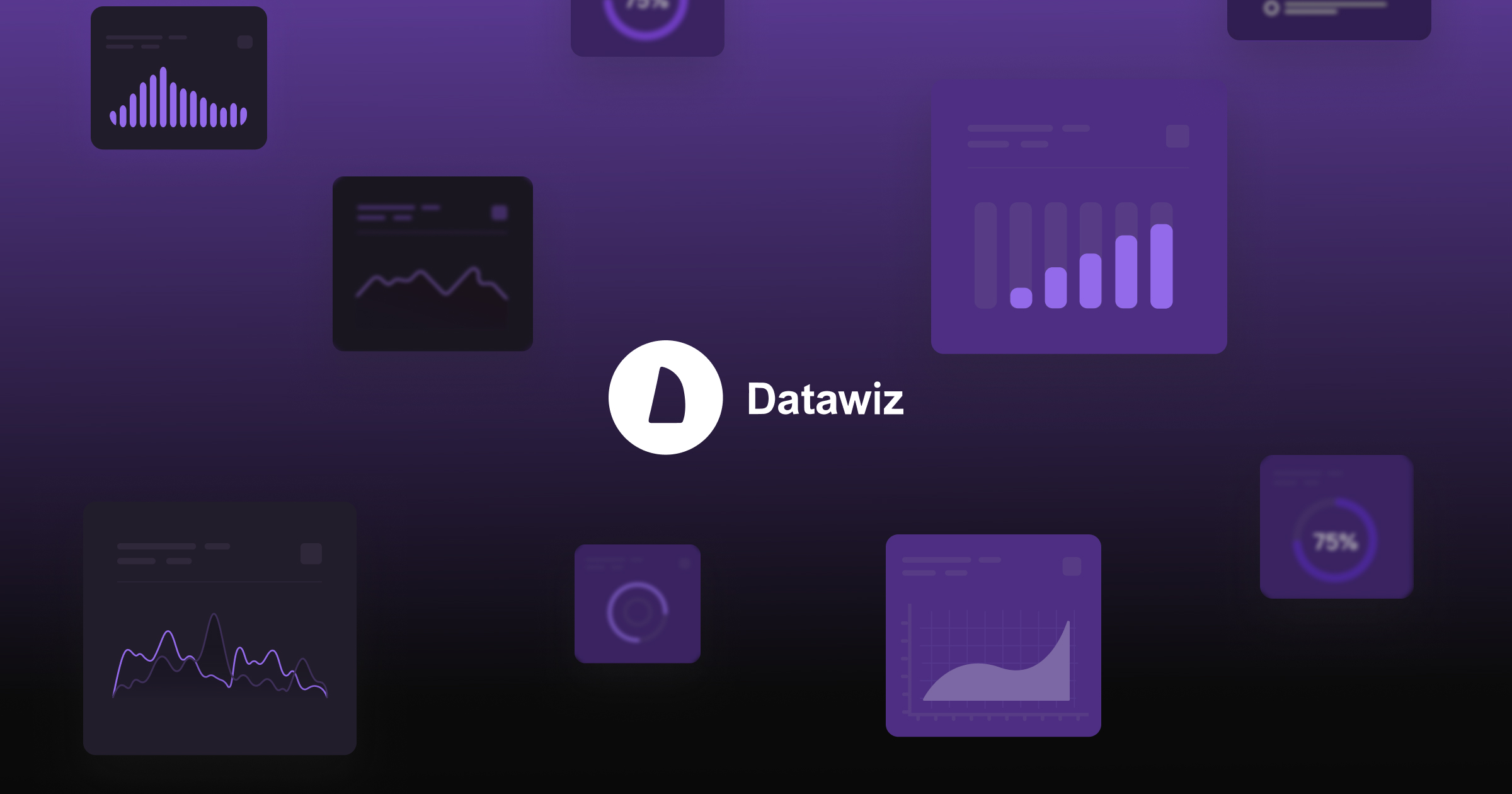
Creating Dashboards: Best BI Services
In the previous section, we mentioned dashboards, the primary tool of all BI services. The effectiveness of an analytical service is directly linked to the informativeness and depth of its dashboards. They allow you to:
- Visualize your business's key performance indicators (KPIs).
- Efficiently process large volumes of data through multi-level customization.
- Create presentations based on visualizations and collaborate with colleagues.
BI dashboards allow you to track business performance at a glance. To work with visualizations, start by identifying the most critical metrics for your business: sales performance, inventory management, or customer loyalty. The ability to work with various charts, graphs, and tables is an important criterion when choosing BI software. Additionally, the presence of a "Drill-down" feature (the ability to dive into data, moving from general metrics to more detailed information) and continuous improvement by the developers of the analytical service are also critical features of the best BI solutions.
The Cost of Retail Analytics Software
An essential step in choosing a BI platform is evaluating the cost. Although price should only sometimes be the primary consideration, assessing the return on investment (ROI) that the platform provides is necessary. Sometimes, a more expensive solution with broader capabilities can be a worthwhile investment. However, if you clearly understand your needs, overpaying might not be necessary. Your task is to evaluate the overall cost of the solution and whether it will benefit your chain.
Additionally, many developers of analytical services offer demos of their BI tools. This can also be a deciding factor when choosing a platform.
Conclusion
Choosing the right business intelligence tool is critical to success in retail. Key factors include:
- Understanding the specific needs of the business.
- Assessing the functionality and capabilities of the platform.
- Ease of use.
- Quality support.
It’s essential to focus on the flexibility of analytics, the ability to create customized dashboards and real-time data processing. Predictive modeling and the use of artificial intelligence can offer additional advantages. The right BI tool will help retailers effectively analyze data and increase business competitiveness.
 What's new?
What's new?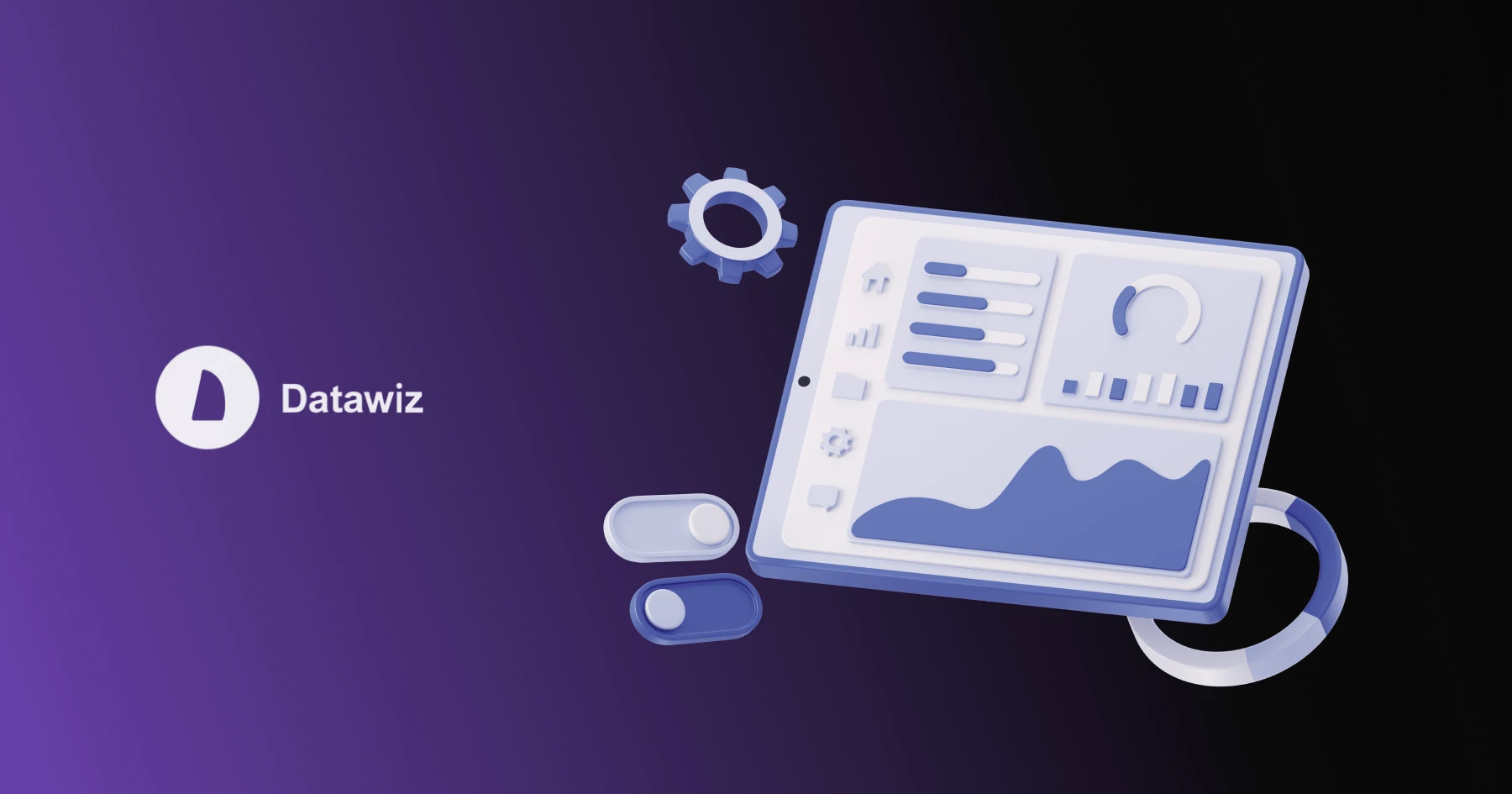

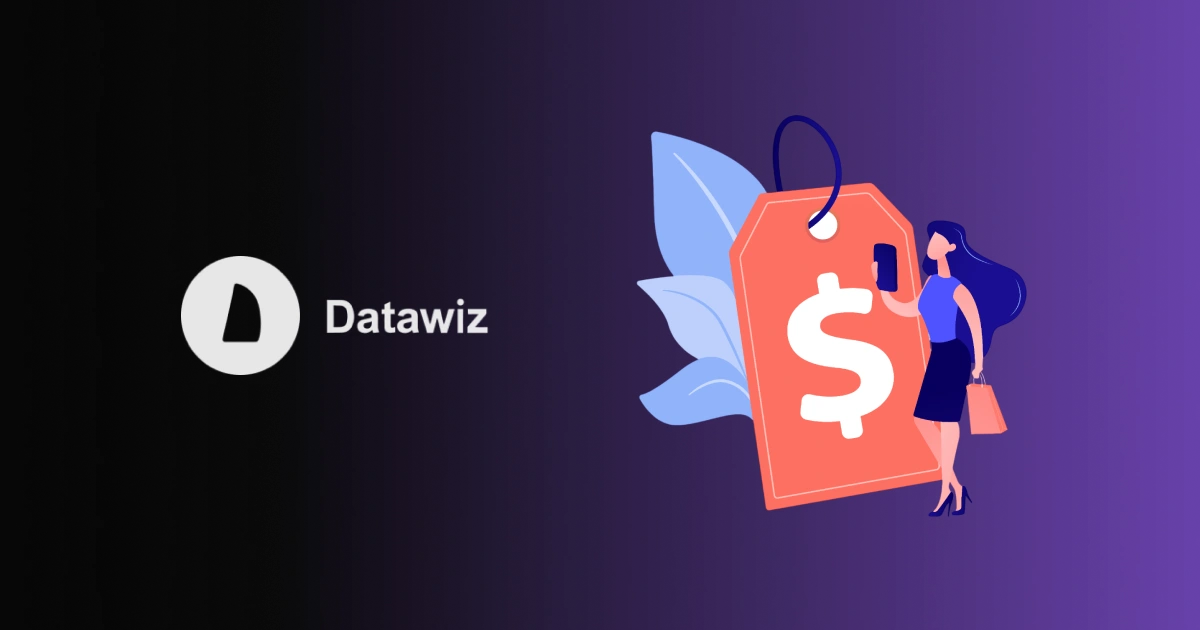
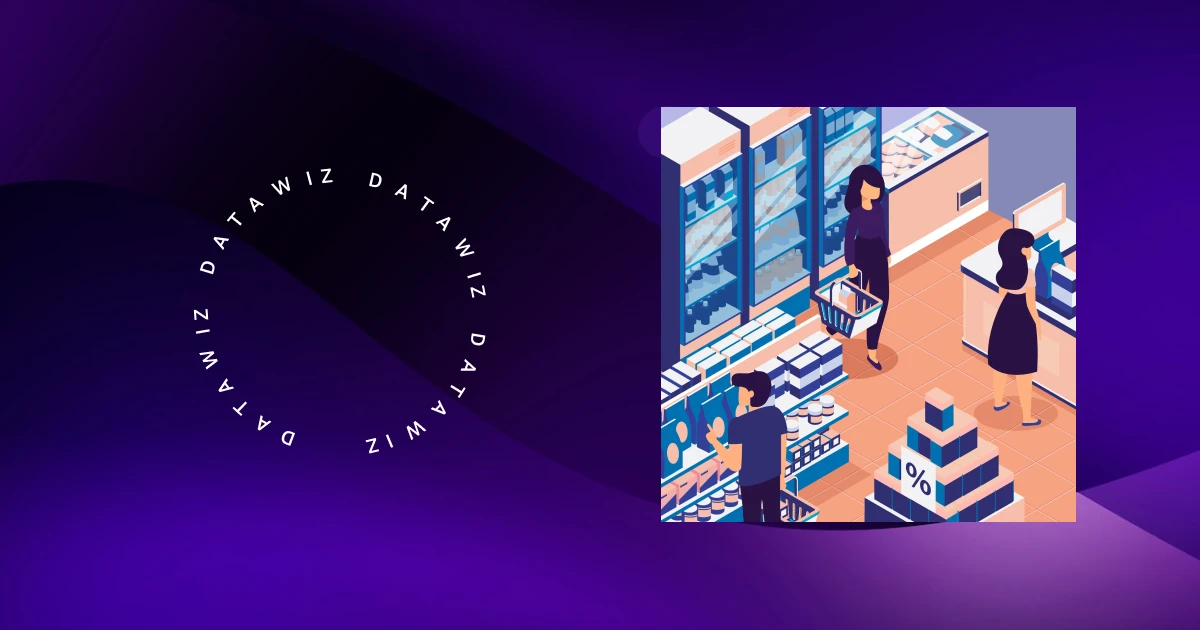
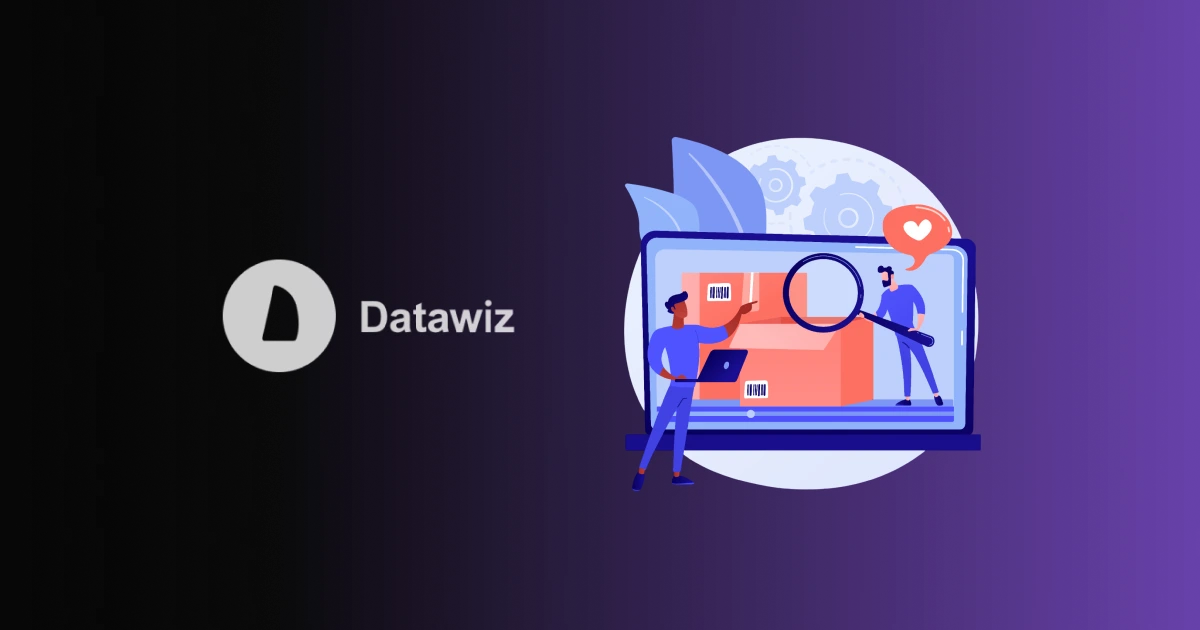

 No credit card required
No credit card required